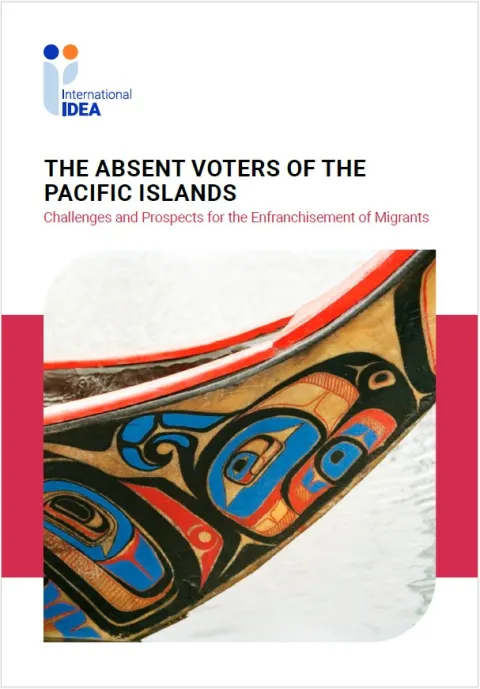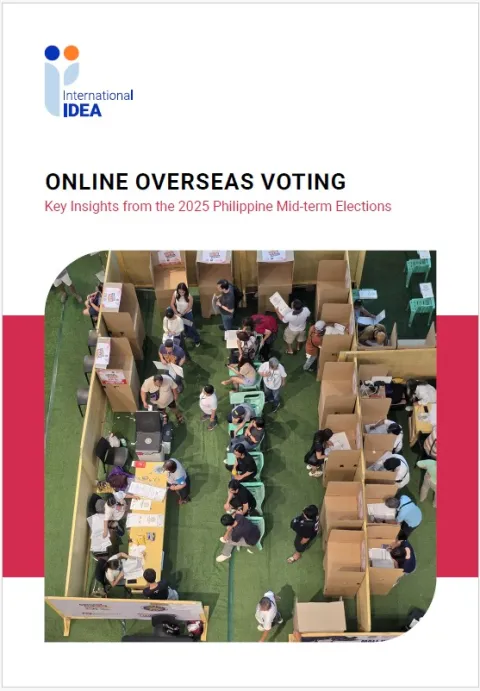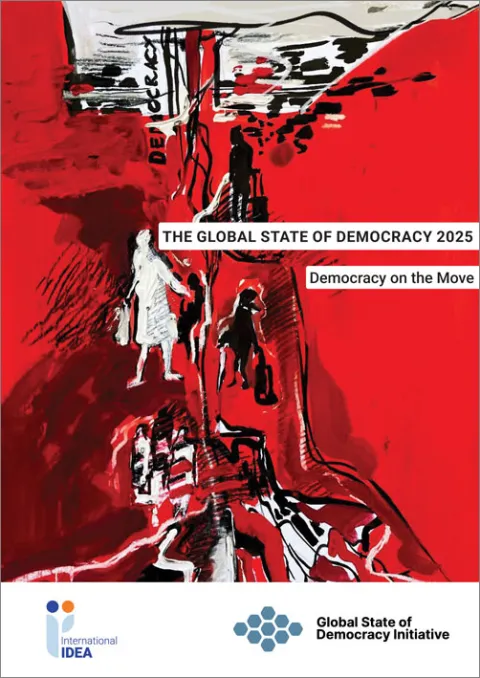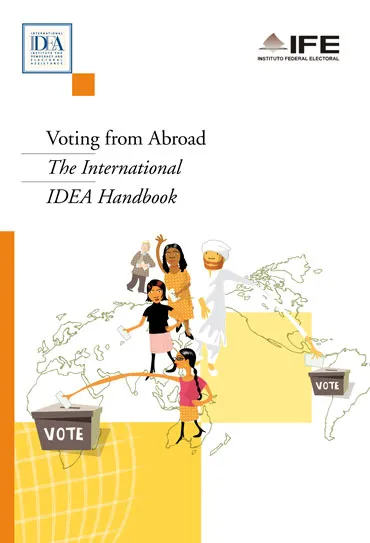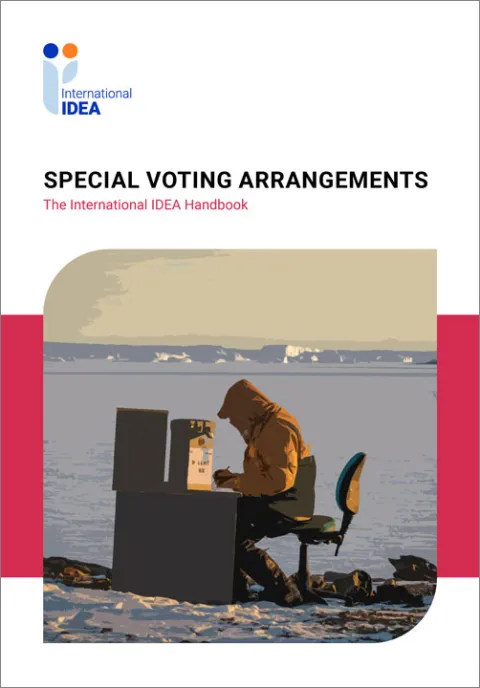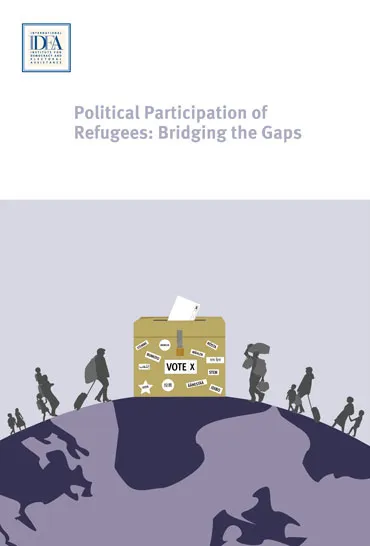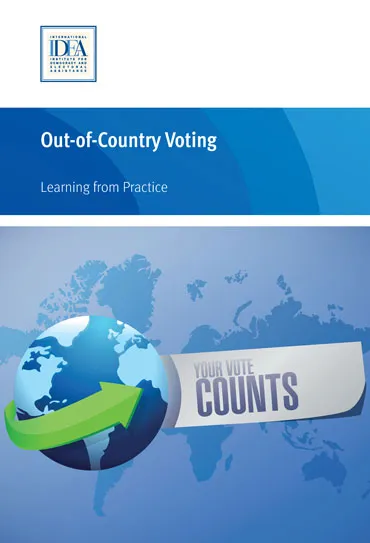Migration and Elections
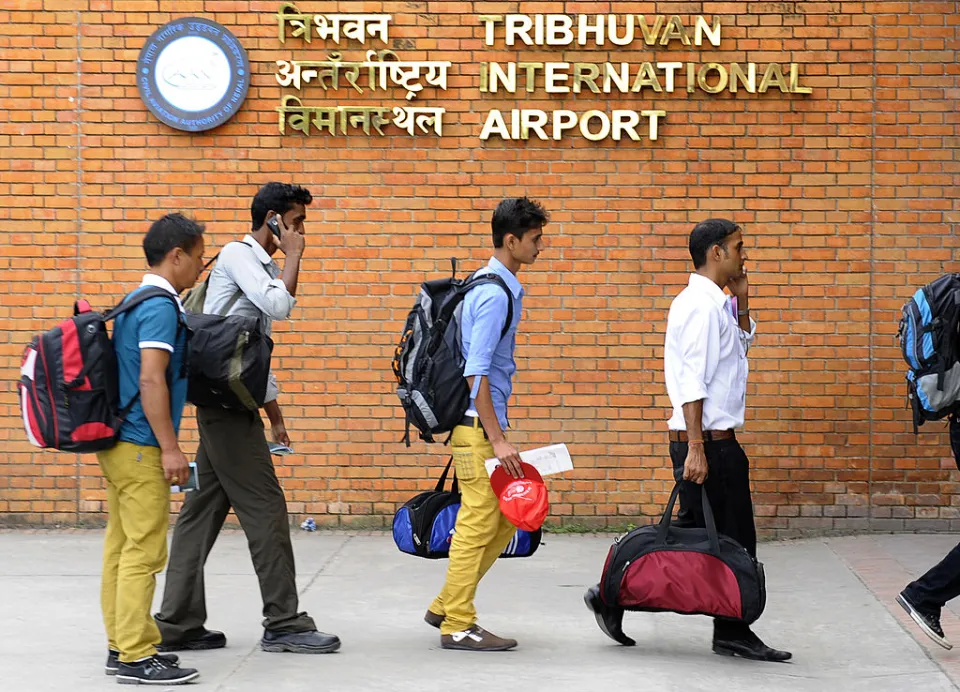
Human mobility is a defining feature of our time. As people increasingly move—across borders, within and across regions and countries, and between communities—their movement raises fundamental, unanswered questions about democratic participation and political inclusion. While the right to vote is widely recognised as a cornerstone of democratic governance, its exercise in practice is often constrained by consolidated assumptions of electorates with permanent residence and territorial stability.
Presently, in many electoral systems the right to vote remains contingent upon a voter’s physical presence at a designated polling station on election day. This residence-based model of enfranchisement conflicts with the realities of an increasingly mobile world, where millions of citizens live away from their place of registration—temporarily, seasonally, or permanently.
Migrants, whether internal or international, are frequently excluded from electoral processes, not due to the loss of citizenship or of their voting rights, but because of administrative, legal, logistical, financial and other barriers that cannot account for their mobility. This disconnect underscores a growing tension between the right to vote and the right to move—between the dynamic realities of human mobility and the enduring rigidity and stagnation of electoral frameworks.
As migration continues to steadily grow globally, ensuring political inclusion for mobile populations is not merely a technical or operational issue—but a fundamental question of democratic legitimacy. The persistent inability of many jurisdictions across the world to adapt electoral frameworks to present-time global mobility patterns effectively disenfranchises millions of citizens and denies them a political voice.
Advancing more inclusive electoral systems requires taking a step back to critically reflect on electoral participation and rethink the fundamental questions of why, where, how, and for whom voting occurs. As patterns of human mobility continue to evolve, closing the gap between human mobility and democratic participation becomes increasingly urgent to meaningfully upholding the principles of universal suffrage, political equality, and truly representative governance.
Out-of-Country Voting Database
Allowing citizens to vote while they are outside their home country has long been an issue in electoral design and management. As the number of countries holding elections has increased significantly over the last quarter of century, it has become even more salient. It is not only that many more people are travelling and working around the globe. As elections take place in countries in transition after authoritarian rule, and even more so after violent conflict, the rights of refugees and people living outside a country to participate in building its future are increasingly important and relevant.
The Voting from Abroad Database provides comparative data on external voting practices for 216 countries and territories around the globe.
